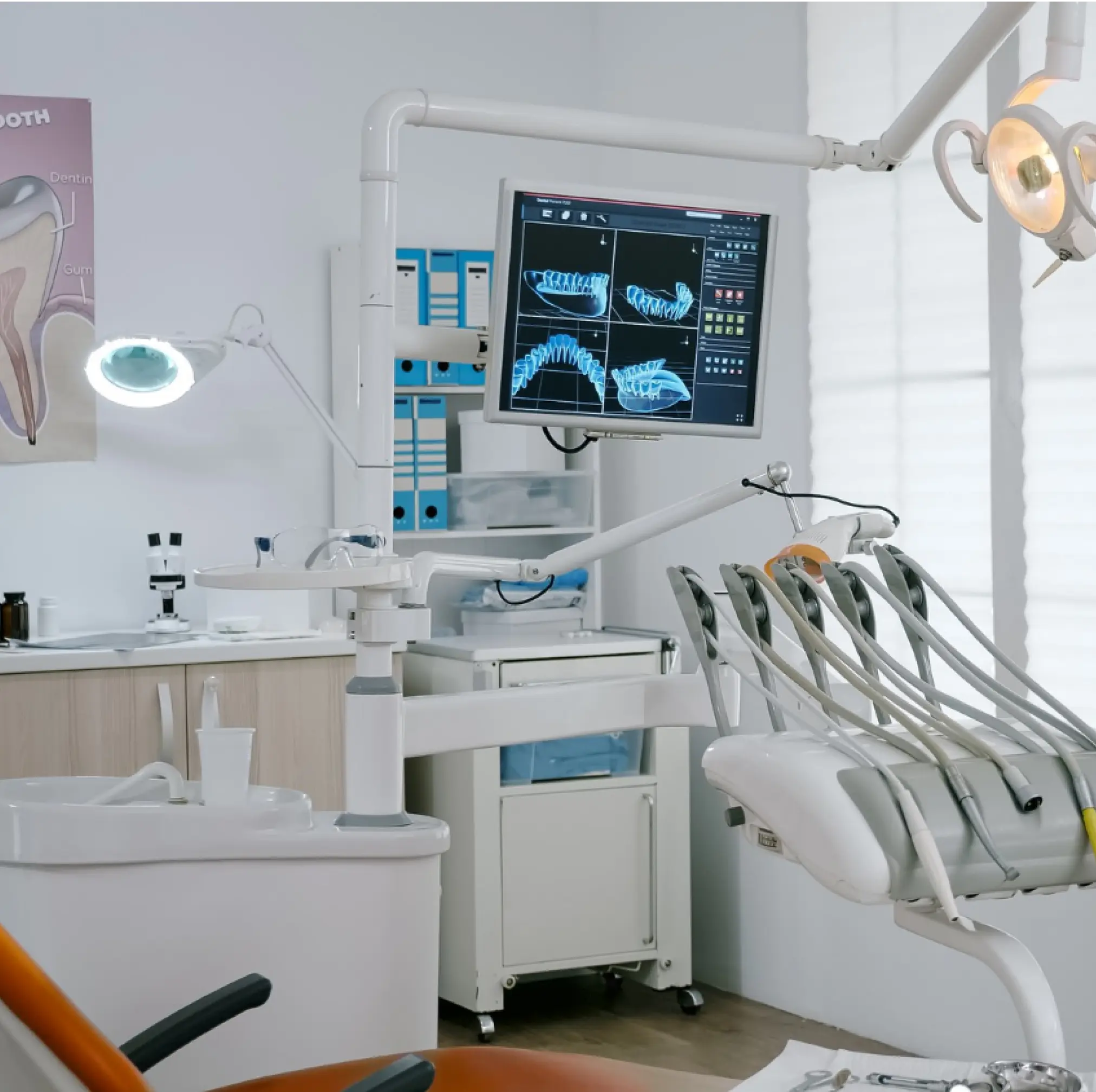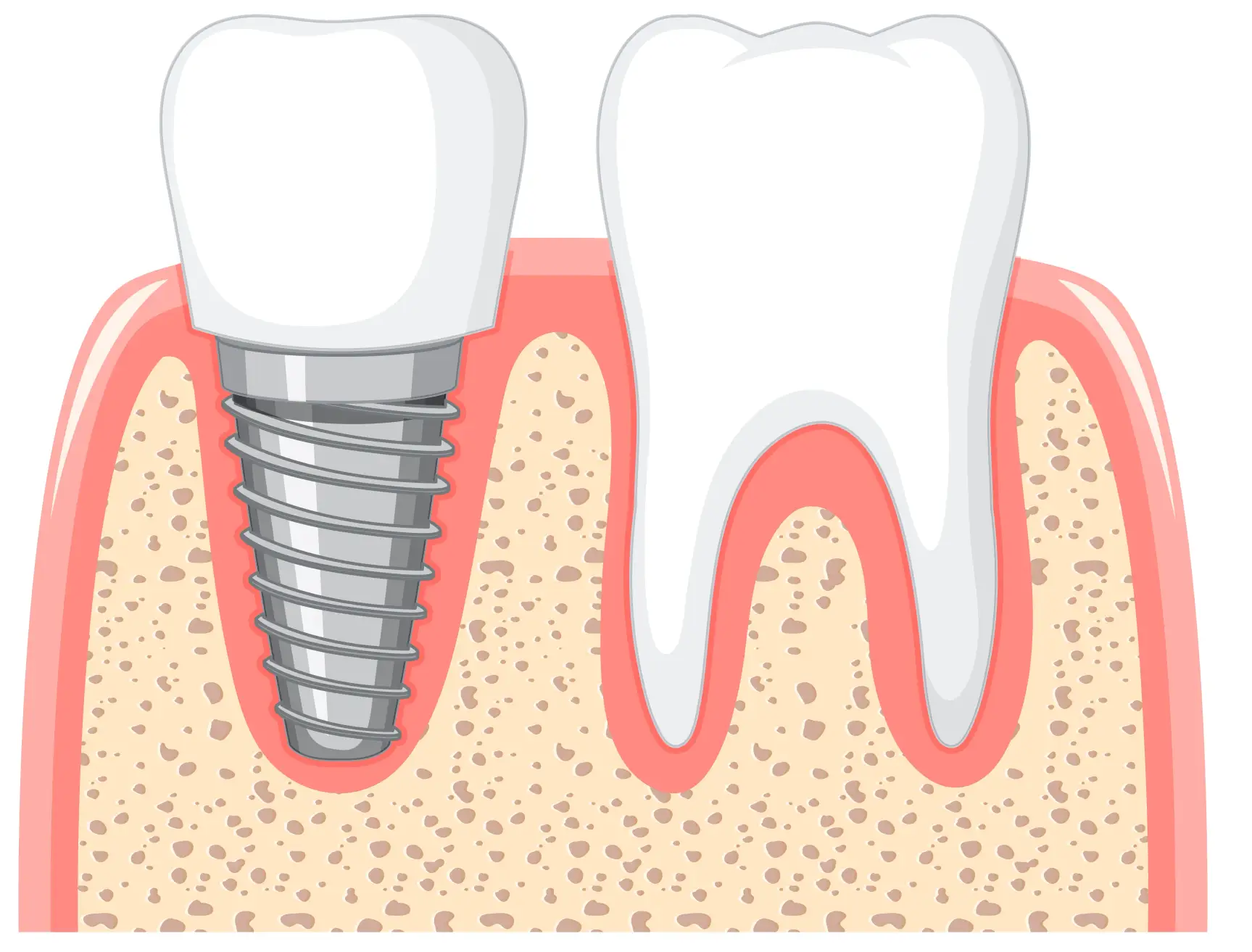Don’t Sugar Coat Your Teeth
The American Heart Association recommends that women consume no more than 6 teaspoons and men no more than 9 teaspoons of added sugars per day. Even a 20oz soda contains far more than the recommended amount. The ill effect of added sugar intake on general health is a much-discussed topic. Weight gain, diabetes, high blood pressure, fatty liver disease, increased risk of heart attack, stroke, and the list goes on. Studies have shown that sugar can cause anxiety and irritability as well. Our topic of interest for today is the effect of sugar on oral health.
Tooth Decay And Gum Disease
It is a known fact that sugar causes dental caries. But is sugar the only culprit?
Our mouth is a battleground of good and bad bacteria. Once the teeth are exposed to sugar and starch, the harmful bacteria feed on them and produce certain acids that gradually dissolve the structural layers of the teeth. This is known as demineralization. As the process continues, deeper layers of the teeth are involved which may give rise to sensitivity and pain. If not treated appropriately this can result in tooth loss. The treatment plan will depend on the size of the cavity. Simple fillings are done to treat them at an early stage. Delaying the treatment could result in the need for much more complex root canal procedures.
The damage can be reversed by minerals to some extent. The enamel can self-repair by a process known as remineralization in which, a tooth is enriched with minerals from the saliva and external sources to prevent decay. The continuous flow of saliva maintains the pH and also aids in flushing debris. Calcium and phosphate generally strengthen the teeth. Fluoride on the other hand helps to repair the weakened enamel at an early stage. However, there is only so much that can be done. The enamel and subsequent layers are destroyed when there are repeated attacks and professional help is needed to restore the form and function.
Sugar attracts bad bacteria and reduces the pH of your mouth. Dental plaque is the predisposing factor to gum disease. The initial stage, during which the gum appears red and inflamed is known as ‘gingivitis. Gingivitis progresses to ‘periodontitis’, a condition in which the surrounding bone is lost. If left untreated this can lead to tooth mobility and loss. On a separate note, the diabetic population is always at a high risk of developing gum disease.
How To Prevent The Adverse Effects?
1)Watch what you eat and drink
- Reduce the consumption of added sugars. Try to have them along with your meal rather than in between meals.
- Avoid soft drinks or drink them in moderation. Do not sip them slowly for a long time. Instead, use a straw to drink sugary and acidic beverages.
- Avoid sticky food.
- Eat a balanced diet that includes fresh fruits, veggies, and dairy products.
- Infants should not sleep with a bottle of sweetened milk or juice as this can cause early childhood caries.
- Add high fiber raw veggies and fruits to your meal to increase the salivary flow.
- Wash your mouth after every meal and drink plenty of fluoridated water in between meals.
2) Maintain proper oral hygiene
- Brush your teeth with a fluoridated toothpaste at least twice a day
- Flossing is important to clean between teeth
- Use mouthwash regularly
- Chew on sugar-free gums to stimulate salivary production and prevent plaque attachment
3) Schedule frequent dental checkups
Remember “Dentistry is not expensive, Neglect is “
Meet your best dentist in Dubai at least once in 6 months. Tooth cavities are best treated at an early stage. Radiographic examinations are sometimes needed for diagnosis and treatment planning. Get professional teeth cleaning done to remove the attached plaque and calculus. Therapeutic agents which contain fluoride (such as a fluoride gel/varnish) may be professionally applied to facilitate remineralization. Pit and fissure sealant application is an excellent preventive measure that provides a physical barrier and keeps the bacteria away from their nutrient sources.
Book an Appointment With Your Doctor NOW!
Ready for a brighter smile? Schedule your appointment with Dr. Paul’s Dental Clinic today and experience exceptional dental care.






